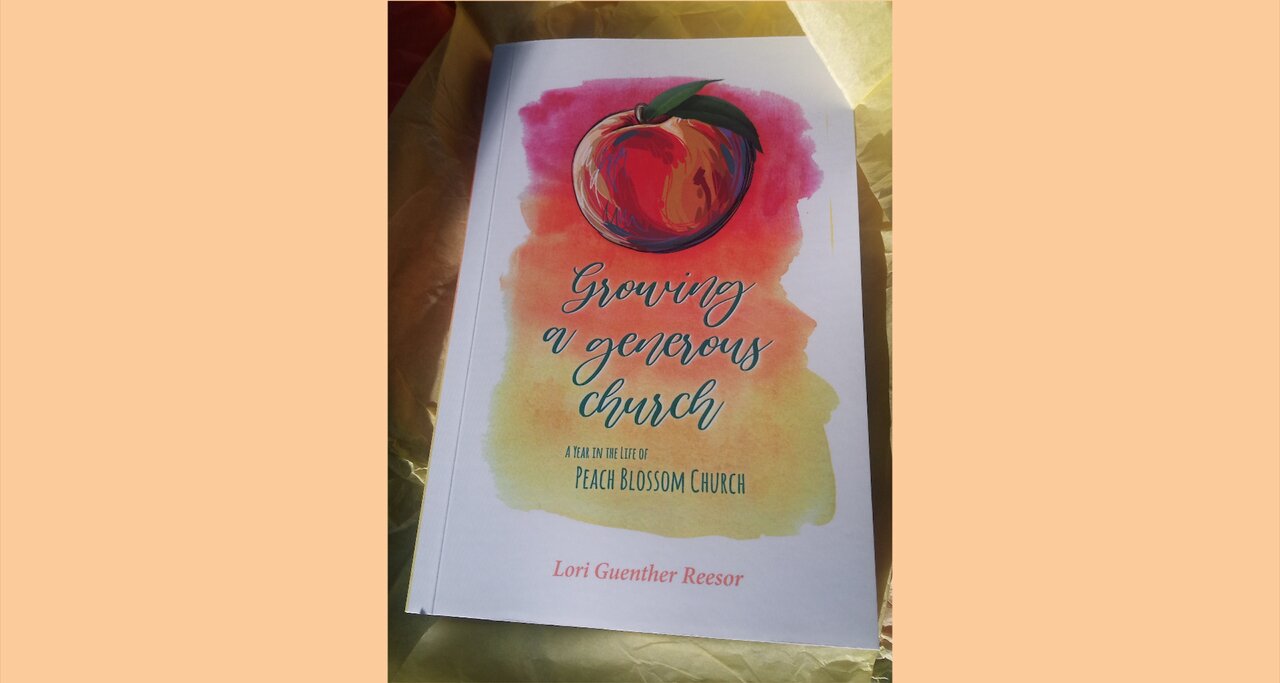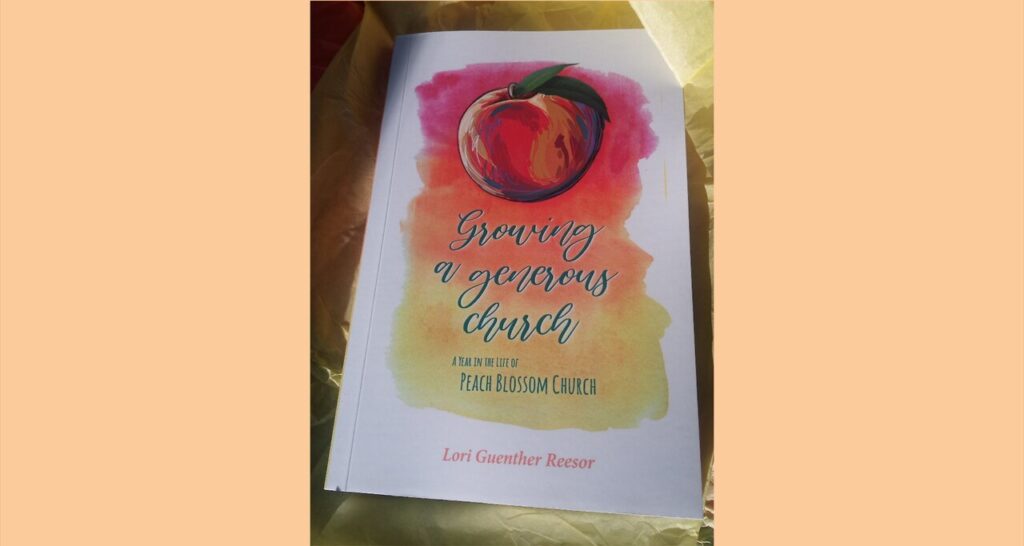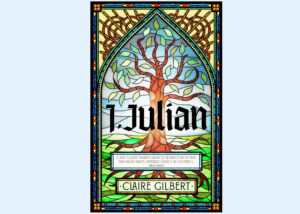Many congregations struggle with finances, wishing their members would contribute more towards the budget, while assuming that no one wants to talk about money. In her book, Growing a Generous Church, Lori Guenther Reesor says this kind of thinking is backwards. Churches should concentrate on generosity, which is an important part of discipleship, and all of us should feel as comfortable discussing generosity as we are talking about prayer.
Generosity is not only about money, she says, commenting that, “generosity is about the size of your heart, not the size of your wallet.” Congregations need to nurture generous giving, whether that is serving others or sharing time, know-how or money. It all needs to be valued. Christians should teach and frequently talk about generosity, encouraging this spiritual discipline in each other. If church members respond by substantially supporting the budget, that is a bonus.
Guenther Reesor describes her book as “creative non-fiction.” Her setting is a fictional congregation she calls Peach Blossom Church. Her characters are fictional, but the issues and ideas they discuss are based on real situations. It is not hard to detect that this fictional congregation is part of Mennonite Church Canada, which she refers to as the National Orchard Church. Many of the chapters involve the monthly meetings of the Big Hearts Breakfast Club at a local coffee shop, while others describe various scenes of congregational interaction. By telling these stories, the book provides lots of ideas for encouraging generous living.
Generosity is rooted in gratitude, says Guenther Reesor. Because God has lavished grace on us, we need to respond to each other with extravagant generosity. And we need to express gratitude to each other, respecting and acknowledging the gifts everyone brings. This means thanking all donors, not just with a cursory verbal thanks at an annual meeting, but with a meaningful note or letter. She suggests that, if we do not acknowledge the gifts people bring, then we are like the nine lepers who did not go back and thank Jesus for healing. Churches should not take donors for granted.
Another theme in the book is the need to tell stories. If giving is done in secret, how can we teach generosity? “Giving becomes contagious when people talk about why they give,” she writes. Testimony encourages giving and is a much stronger motivator than guilt.
Guenther Reesor has lots of other suggestions for congregations, including the merits of easy online giving and pre-authorized giving. She explains the advantages of having a donate button on a congregation’s website. She also identifies the benefits of bequest policies and financial planning help for members. The suggestions are not presented as things that must—or should—be done; readers simply listen in as the people from Peach Blossom Church discuss best practices.
Although there is a plotline and the characters are not cardboard cutouts, the characters and plot are only moderately well developed. What makes the book worth reading is that the information about church finances, stewardship and the importance of teaching generosity is presented through dialogue in an interesting way. It is not a difficult read and many congregations could benefit from having a group study to discuss which ideas they might implement. Guenther Reesor provides discussion questions for each chapter at the back of the book.
Visit lgreesor.com to purchase the book, and watch the book launch below.








Leave a Reply
You must be logged in to post a comment.